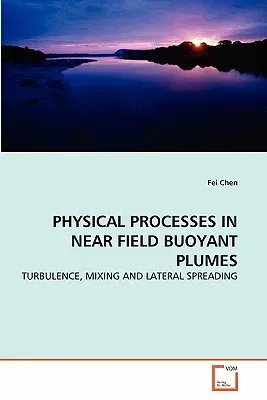Fei Chen
(Author)Physical Processes in Near Field Buoyant PlumesPaperback, 17 November 2010

Qty
1
Turbo
Ships in 2 - 3 days
In Stock
Free Delivery
Cash on Delivery
15 Days
Free Returns
Secure Checkout
Print Length
152 pages
Language
English
Publisher
VDM Verlag
Date Published
17 Nov 2010
ISBN-10
3639299965
ISBN-13
9783639299960
Description
Product Details
Author:
Book Format:
Paperback
Country of Origin:
US
Date Published:
17 November 2010
Dimensions:
22.86 x
15.24 x
0.89 cm
ISBN-10:
3639299965
ISBN-13:
9783639299960
Language:
English
Pages:
152
Publisher:
Weight:
231.33 gm

